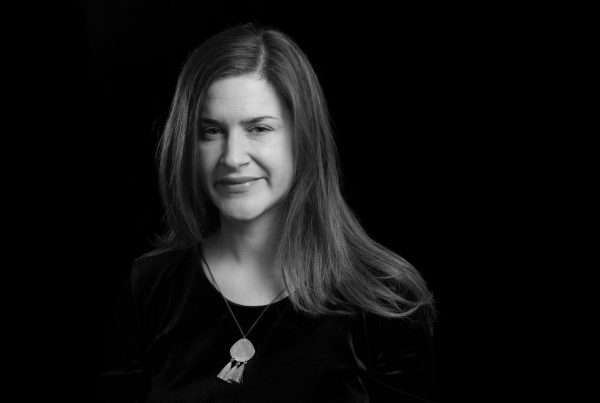Rachel obtained a PhD in Mathematics at the University of Exeter in 2011. Her thesis focused on spatiotemporal modelling of dengue epidemics in Brazil. She held postdoctoral positions at the International Centre for Theoretical Physics in Italy and the Catalan Institute for Climate Sciences, working at the interface of climate prediction science and public health decision-making. In 2017 she was awarded a Royal Society Dorothy Hodgkin Fellowship, which allowed her to create the Planetary Health & Infectious Diseases Lab at the London School of Hygiene & Tropical Medicine (LSHTM). Rachel now leads the Earth Sciences - Global Health Resilience group at the Barcelona Supercomputing Center (BSC). She is also the Director of the Lancet Countdown in Europe, a transdisciplinary collaboration tracking progress on health and climate change.
Research interests
Rachel’s research involves modelling the impact of environmental change on infectious disease epidemics, to inform disease control and prevention strategies. She has published high impact research on modelling climate-sensitive disease risk, with a focus on integrating seasonal climate forecasts in dengue early warning systems in Latin America, the Caribbean and Southeast Asia. Her group works on diverse projects including disentangling the role of land-use change and socio-economic pressures on malaria resurgence in the Amazon, modelling zoonotic disease risk at the human-animal-environment interface, and understanding the role of climate, cities and spatial connectivity on dengue transmission regimes. In 2018, she won the International Society for Neglected Tropical Diseases (ISNTD) Water Award for Research, in recognition of the quality of her research on the linkages between hydrometeorological extremes and dengue outbreaks and the multi-sectoral relevance for policy and practice.
Selected publications
- Fletcher IK, Griliet ME, Moreno JE, Drakeley C, Hernandez-VilienaCJ, Jorres KE, Lowe R 2022, 'Synergies between environmental degradation and climate variation on malaria re-emergence in southern Venezuela: a spatiotemporal modelling study', Lancet Planetary Health, 6, 9, E739 - E748.
- Stewart-Ibarra AM, Rollock L, Best S, Brown T, Diaz AR, DunbarVW, Lippi CA, Mahon R, Ryan SJ, Trotman A, Van Meerbeeck CJ & Lowe R 2022, 'Co-learning during the co-creation of a dengue early warning system for the health sector in Barbados', Bmj Global Health, 7, 1, e007842.
- Alcayna T, Fletcher I, Gibb R, Tremblay L, Funk S, Rao B & Lowe R 2022, 'Climate-sensitive disease outbreaks in the aftermath of extreme climatic events: A scoping review', One Earth, 5, 4, 336 - 350.
- Lee SA, Economou T & Lowe R 2022, 'A Bayesian modelling framework to quantify multiple sources of spatial variation for disease mapping', J R Soc Interface, 19, 194, 20220440.
- Neta G, Pan W, Martin L, Buss DF, Castranio T, Lowe R, Ryan SJ, Stewart-Ibarra AM, Hapairai L, Sehgal M, Wimberly M, Rollock L, Lichtveld M, Ebi &, Balbus J 2022, 'Advancing Climate Change Health Adaptation through Implementation Science'. The Lancet Planetary Health, 6, e909–18.
- Kazmierczak A, Lowe R, van Daalen KR, Johnson K & Dasgupta S 2022, 'Climate change as a threat to health and well-being in Europe: focus on heat and infectious diseases'. EEA Report (07/2022). European Environment Agency, Copenhagen, DK.
Selected research activities
- Coordinator of a 3.4M€ Wellcome Trust digital technology project HARMONIZE: Harmonizing multi-scale spatiotemporal data for health in climate change hotspots
- Co-coordinator of a 9.2M€ Horizon Europe project IDAlert: Infectious Disease decision-support tools and Alert systems to build climate Resilience to emerging health Threats
- Director of the Lancet Countdown on health and climate change in Europe
- Adv. Board Member for Copernicus Thematic Hub on Health
- Eval. Panel Member for BIST ‘Mothers of Science’ programme
